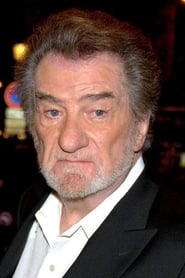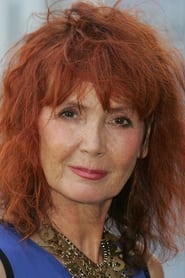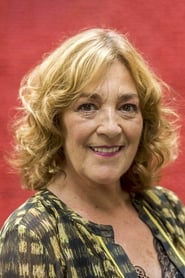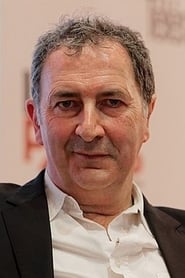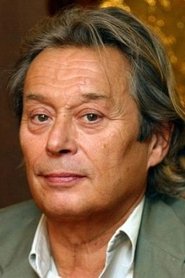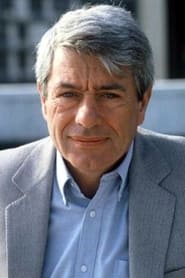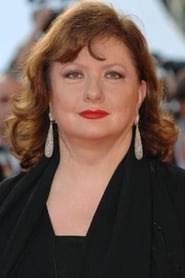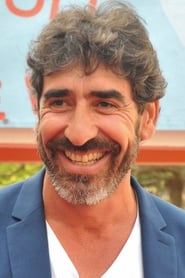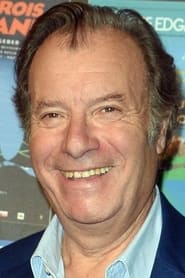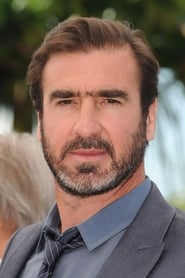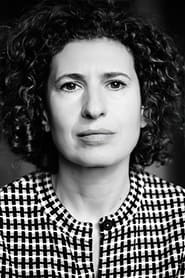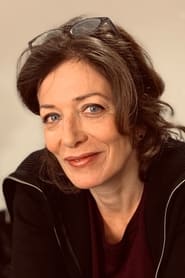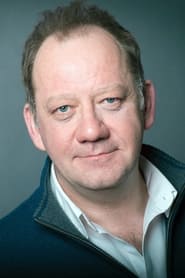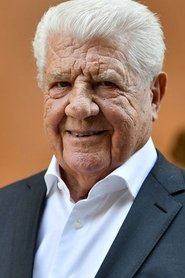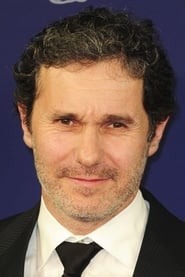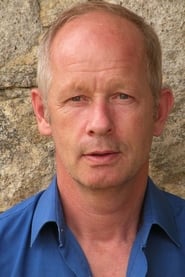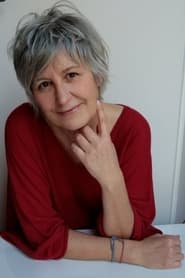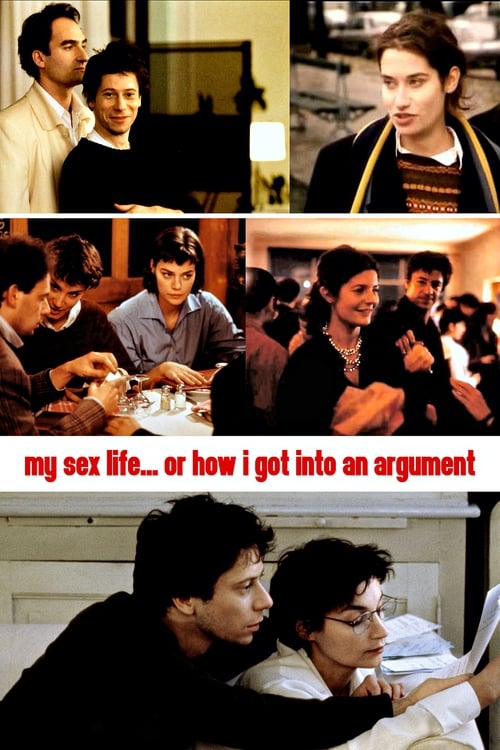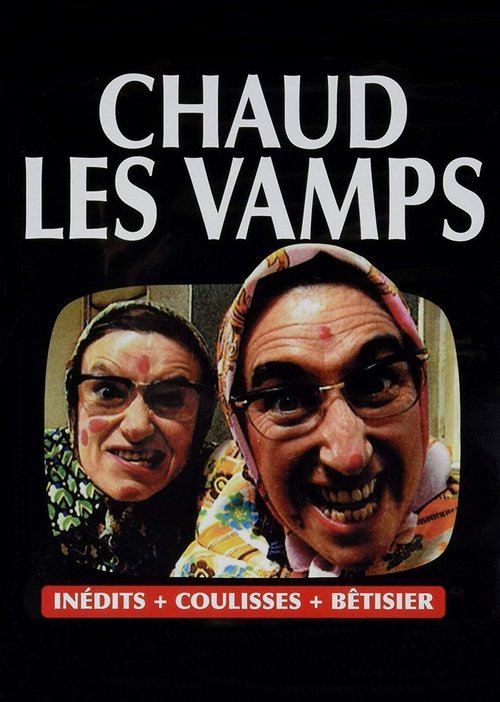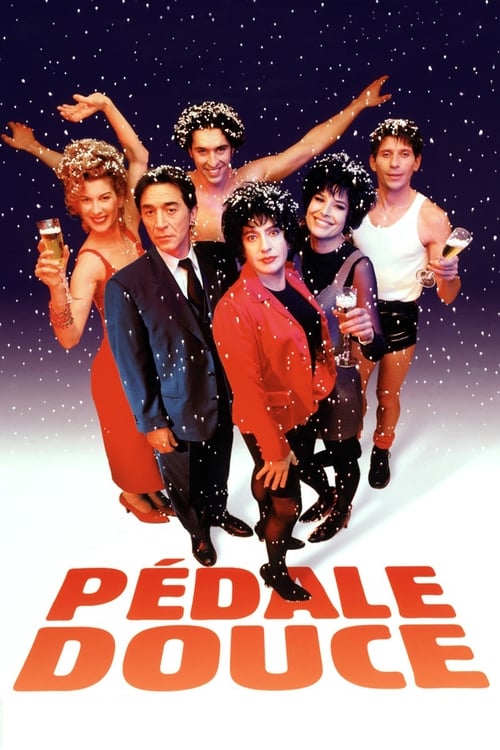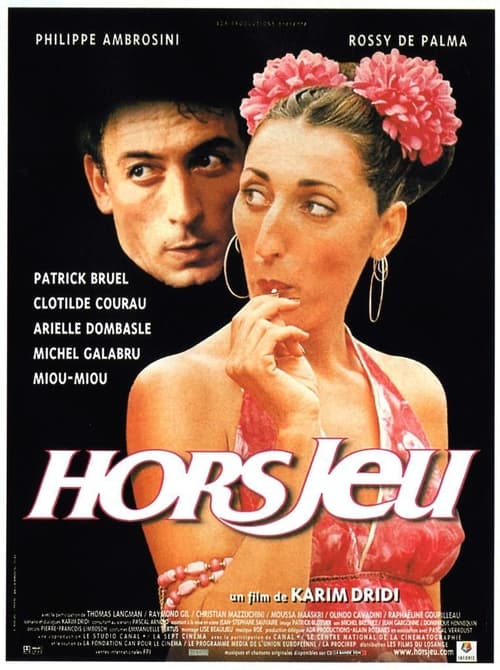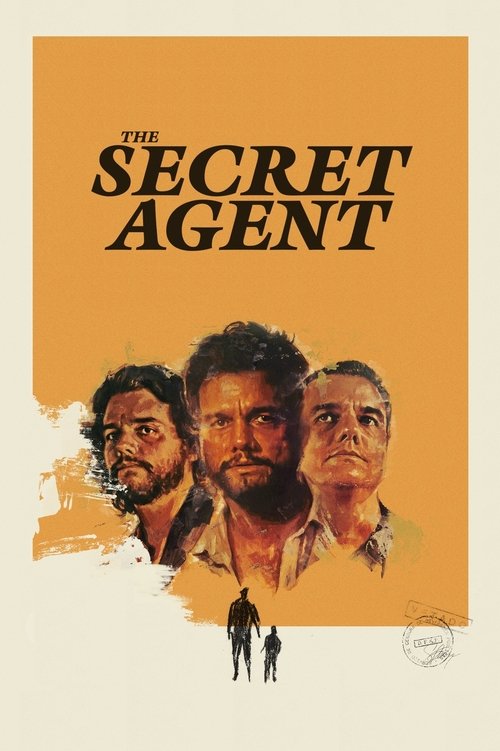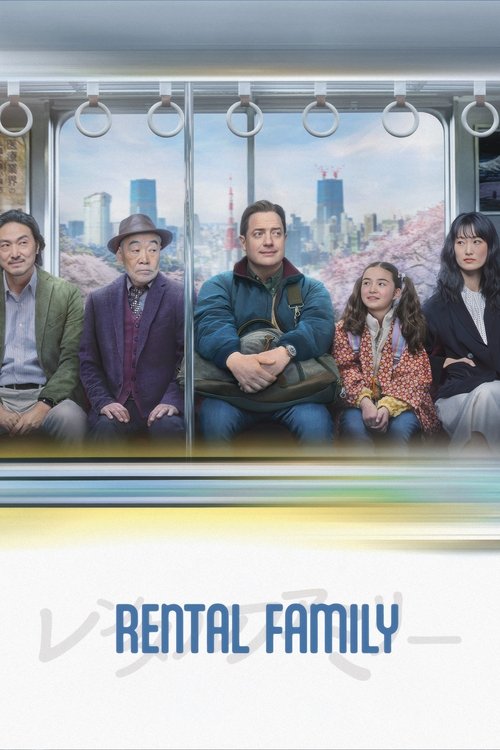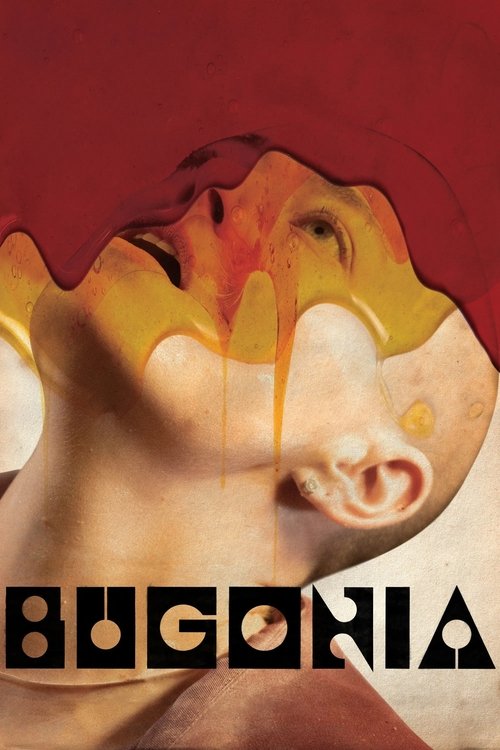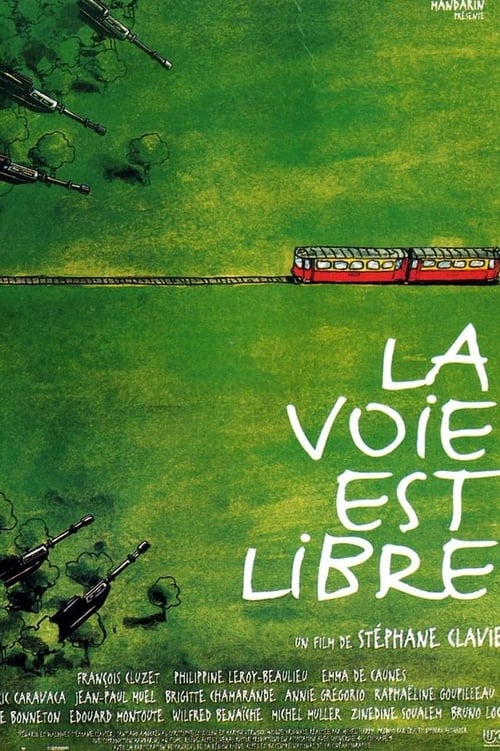
Ask Your Own Question
What is the plot?
The morning light filters through the curtains of Francis Bergeade's modest home in Dole, France, illuminating a life that feels anything but bright. It is 1995, and Francis, a weary 65-year-old owner of a small plumbing supply company, wakes to the familiar weight of his troubles. The tax collectors are relentless, his employees are on strike, and his wife, Nicole Bergeade, greets him with a look of thinly veiled contempt. "You're late again," she snaps, her voice dripping with disdain. Their daughter, Géraldine, breezes in, demanding money for her upcoming wedding--a lavish affair far beyond Francis's strained budget. The tension in the house is palpable, a storm brewing over breakfast.
At his company, the atmosphere is no better. The strike has brought business to a standstill. Pouillaud, the union representative, stands firm: "We won't budge until our demands are met." Francis, overwhelmed, retreats to his office, only to be interrupted by yet another letter from the tax authorities. The walls seem to close in, and that evening, after a particularly bitter argument with Nicole, Francis clutches his chest--a nerve blockage attack sends him to the hospital.
During his convalescence, the family gathers around the television, seeking distraction. The program Où es-tu? ("Where are you?") fills the screen. The host introduces Dolorès Thivart, a warm, resilient woman from Gers in the south of France, who runs a duck farm with her daughters, Zig and Puce. Dolorès speaks directly to the camera, her voice trembling with hope: "Michel, if you're out there, please come home. We miss you." The screen flashes a photograph of Michel, who vanished 27 years ago--and the resemblance to Francis is uncanny. The family gasps. Nicole, ever skeptical, mutters, "It's just a coincidence." But Géraldine, intrigued, turns to her father: "You could be twins!"
Francis's only solace comes in the form of his best friend, Gérard Thulliez, a car dealer with a mischievous grin and a penchant for fine dining. Over lunch at their favorite restaurant, Francis confides, "I can't take it anymore, Gérard. I feel like I'm suffocating." Gérard, ever the optimist, leans in: "Maybe this TV thing is a sign. What if you just… disappeared? Started over?" The idea takes root. That night, Francis stares at his reflection, imagining a different life.
Days later, Francis makes his decision. He packs a small bag, leaves a vague note for Nicole--"Gone away for a while. Don't look for me."--and drives south, the city's chaos fading in his rearview mirror. The landscape shifts from urban gray to rolling green hills as he approaches Gers. The air smells of earth and possibility.
At the Thivart farm, Dolorès and her daughters are preparing for another day of tending ducks and producing foie gras. The farm is alive with activity--Zig, the pragmatic elder daughter, barks orders, while Puce, the dreamy younger one, hums as she works. When Francis arrives, the family is stunned. Dolorès's eyes fill with tears. "Michel?" she whispers. Francis, nervous but resolute, nods. "It's me. I'm home."
The family embraces him, their joy overflowing. Zig, ever suspicious, narrows her eyes: "You look different. Older." Francis, improvising, explains, "Life on the road changes a man." Dolorès, overjoyed, insists he rest and recover. That evening, as they gather around the dinner table, the farmhouse is filled with laughter--a stark contrast to the tension of Francis's old life.
Back in Dole, Nicole is furious. She enlists Gérard's help to find Francis, but Gérard, torn between loyalty and his friend's happiness, plays along half-heartedly. Meanwhile, Francis settles into farm life. He learns to care for the ducks, helps with the foie gras production, and even begins to enjoy the simple rhythms of rural living. The farm becomes a sanctuary, a place where he is valued and needed.
But the idyll is not without its challenges. Zig remains skeptical, grilling Francis about Michel's past. "Tell me about the day we went to the fair in Condom," she demands. Francis, caught off guard, stammers, "It was… a long time ago. I remember the ducks, the laughter…" Zig's eyes narrow, but Dolorès intervenes: "Let him be, Zig. He's been through enough."
As weeks pass, Francis begins to forget his old identity. He bonds with Puce, who teaches him the names of the ducks, and with Dolorès, whose kindness and strength remind him of what he has missed. One evening, as they sit by the fire, Dolorès confides, "I always knew Michel would come back. I never gave up hope." Francis, moved, reaches for her hand. "Maybe some things are meant to be," he says softly.
Meanwhile, Nicole's anger turns to desperation. She appears on Où es-tu?, pleading for Francis to return. The show airs nationwide, and the Thivart family gathers to watch. Dolorès, sensing Francis's discomfort, asks, "Is there something you're not telling us?" Francis, his heart pounding, confesses: "I'm not Michel. My name is Francis Bergeade. I saw your story on TV and… I needed to escape." The room falls silent. Zig is furious: "You lied to us!" Puce, tears in her eyes, whispers, "But you made us happy."
Dolorès, after a long pause, smiles sadly. "Maybe you're not Michel, but you brought us hope. Maybe that's enough." The family is fractured but not broken. Francis, wracked with guilt, prepares to leave. "I'm sorry," he says, his voice breaking. "I never meant to hurt you."
As he packs his bag, Gérard arrives at the farm, having tracked him down. "Nicole is losing her mind," Gérard says, half-joking. "You really know how to make an exit." The two friends share a bittersweet laugh. Gérard, surveying the peaceful farm, admits, "I can see why you stayed."
The final confrontation comes when Nicole herself arrives, her anger giving way to exhaustion. She and Francis sit on the farmhouse porch, the sunset painting the sky in hues of orange and pink. "Why did you leave?" she asks, her voice softer than Francis has heard in years. He sighs. "I couldn't breathe anymore, Nicole. I needed to find out if there was more to life." Nicole, for the first time, listens. "Maybe I wasn't the wife you needed," she admits. "But you weren't the husband I wanted, either."
In the days that follow, the characters begin to change. Nicole, humbled, returns to Dole with a new perspective. Gérard, inspired by his friend's courage, decides to take a break from the car business and travel. Dolorès, Zig, and Puce, though heartbroken, find closure in Michel's absence and gratitude for the hope Francis brought them.
The film's final scenes show Francis, no longer pretending, helping Dolorès with the ducks. They work in comfortable silence, the farm alive with the sounds of nature. Puce runs up, a duckling in her hands. "Look, Francis! She likes you!" Francis smiles, a genuine, unburdened smile. Dolorès meets his gaze. "You can stay, if you want. As yourself." Francis nods. "I'd like that."
The camera pulls back, showing the farm in all its rustic beauty--a place where happiness, once elusive, has finally been found in the field. The story ends not with death or dramatic revelation, but with quiet transformation. Francis, Nicole, Gérard, and Dolorès have all been changed by the journey, each finding a measure of peace and hope. The ducks waddle across the yard, the sun sets, and the promise of a new beginning lingers in the air.
No one dies in Happiness Is in the Field. There are no violent confrontations, no secrets left unrevealed. The film's power lies in its emotional honesty, its exploration of identity, and its belief in second chances. Francis's escape becomes a rebirth--for himself, for Nicole, for Gérard, and for the Thivart family. In the end, happiness is not a destination, but a choice--a choice to leave behind what suffocates and embrace what nourishes the soul.
What is the ending?
In the ending of "Happiness Is in the Field," the characters come to terms with their personal struggles and relationships. The film concludes with a sense of resolution as they find a semblance of happiness and acceptance in their lives, particularly through the connections they have forged with one another.
As the film approaches its conclusion, we see a series of poignant scenes that encapsulate the characters' journeys.
The first scene unfolds in the serene countryside, where the main characters gather for a final celebration. The sun sets, casting a warm golden hue over the fields, symbolizing hope and new beginnings. The atmosphere is filled with laughter and a sense of camaraderie, as they reflect on their experiences and the challenges they have faced together.
Next, we focus on the character of Pierre, who has been on a quest for personal fulfillment throughout the film. In this moment, he stands apart from the group, contemplating his choices. The internal conflict he has battled is evident on his face, but as he watches his friends enjoying the moment, a smile breaks through. He realizes that happiness is not just about personal success but about the connections he has made. This realization brings him a sense of peace.
Meanwhile, the character of Catherine, who has struggled with her own insecurities and the expectations placed upon her, finds herself surrounded by her friends. They encourage her to embrace her true self, and in a touching moment, she shares her dreams and aspirations. The support she receives from the group empowers her, and she begins to shed the weight of her past doubts.
As the celebration continues, we see the character of Jean, who has been a source of comic relief throughout the film. He takes center stage, performing a light-hearted skit that brings laughter to everyone. His ability to uplift the spirits of those around him highlights the importance of joy and humor in overcoming life's difficulties.
The final scene shifts to a quiet moment between Pierre and Catherine. They share a heartfelt conversation, acknowledging their individual journeys and the growth they have experienced. There is a palpable chemistry between them, hinting at a potential romantic connection that has developed over the course of the film. They exchange a knowing glance, suggesting that they are ready to explore this new chapter together.
As the credits roll, the characters are seen walking through the fields, hand in hand, symbolizing unity and the promise of a brighter future. Each character has found a sense of belonging and acceptance, illustrating the film's central theme that happiness is often found in the relationships we cultivate and the support we offer one another.
In summary, the ending of "Happiness Is in the Field" encapsulates the characters' growth and the importance of community, leaving the audience with a sense of hope and the understanding that happiness is indeed a shared journey.
Is there a post-credit scene?
The movie "Happiness Is in the Field," produced in 1995, does not feature a post-credit scene. The film concludes its narrative without any additional scenes after the credits roll. The story wraps up with a sense of resolution, focusing on the themes of love, family, and the pursuit of happiness, leaving the audience with a reflective ending rather than a continuation or twist in the credits.
What role does the setting play in the characters' development?
The rural setting serves as a backdrop that influences the characters' lives, highlighting their struggles with nature and the community, which in turn shapes their personal growth and relationships.
How does the relationship between the main characters evolve throughout the film?
The relationship between the main characters develops from initial misunderstandings and conflicts to a deeper bond as they face challenges together, ultimately leading to mutual respect and love.
What are the key turning points for the protagonist in the film?
Key turning points for the protagonist include moments of self-doubt, confrontations with other characters that challenge their beliefs, and pivotal decisions that lead to significant changes in their life direction.
What is the significance of the character of the farmer in the story?
The farmer represents the connection to the land and the simplicity of rural life. His struggles and joys reflect the themes of hard work and the pursuit of happiness found in everyday life.
How do the characters cope with their individual challenges?
Each character copes with their challenges through various means, such as seeking support from one another, reflecting on their past, and finding solace in their work, which ultimately leads to personal revelations.
Is this family friendly?
"Happiness Is in the Field," produced in 1995, is a French film that explores themes of family, relationships, and the complexities of rural life. While it has a light-hearted tone, there are elements that may not be suitable for all children or sensitive viewers.
-
Family Conflicts: The film depicts various family dynamics that include arguments and misunderstandings, which may be distressing for younger viewers.
-
Emotional Struggles: Characters experience moments of sadness and introspection, dealing with personal and familial issues that could be heavy for sensitive audiences.
-
Mature Themes: There are underlying themes of love, loss, and the challenges of adult relationships that may not be fully comprehensible to children.
-
Cultural References: Some humor and situations may rely on cultural nuances that could be confusing or inappropriate for younger audiences.
Overall, while the film has a positive message about finding happiness, it does contain elements that could be upsetting for children or sensitive viewers.




